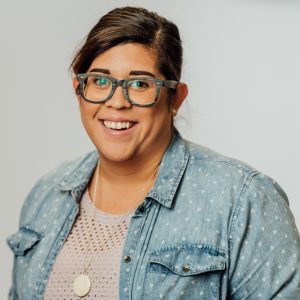From now until December 11, Citizens Against Physical & Sexual Abuse is accepting gift donations for the women, children and men within shelter and transitional housing.
Desired items include: gloves, hats, ITunes gift cards, Google Play Cards, movies, makeup kits, perfume, cologne, hair straighteners, curling irons, stocking stuffers, family oriented board games, playing cards and puzzles.
In addition to gifts, individuals can donate wrapping paper, gift bags, bows and ribbons.
“Financial abuse is prevalent among the families we see,” Jill Anderson, CAPSA’s executive director said. “The mothers within shelter don’t have the means to provide presents for their children. They can’t be Santa for them, and that’s heartbreaking.”
For the past five years, Anderson has watched as women from shelter and the transitional housing program have been able to pick out presents for their children amongst the gifts donated to CAPSA.
“It’s empowering,” Anderson said. “Everything may not be going right for these families, but it’s a liberating feeling knowing your child will wake up Christmas morning and see that not only has Santa not forgotten about them, but neither has their mom.”
Along with Anderson, the women and children within shelter are thankful for the donations they receive.
When asked what they were grateful for, children within shelter said, “Nice people, food, clothes, shoes, a house, family and friends.”
A mother in shelter added, “Your donations are beyond our expectations. Your kindness is a godsend. Thank you.”
Individuals wishing to donate can drop-off items at Cox Honeyland & Gifts, Global Village Gifts or Even Steven’s Sandwiches in Logan.
A longtime partner with CAPSA, Even Stevens is excited to give back to the community in this way. Logan restaurant manager, Acea Spencer said customers have already come in and expressed a desire to serve.
“I’ve seen parents come in and they tell me they’ll come back with their kids, so they can see them and understand the importance of giving, along with receiving,” Spencer said.
In an effort to encourage individuals to donate, Global Village Gifts will give 20% off one item from your purchase when you donate a gift to CAPSA.
“We really are grateful for the community’s support,” Anderson said. “Because of all of you, more than 200 families will have a Christmas this year.”
Contact: Katie Stringham, Development Support Coordinator, Katie@capsa.org, 435-753-2500
# # #

